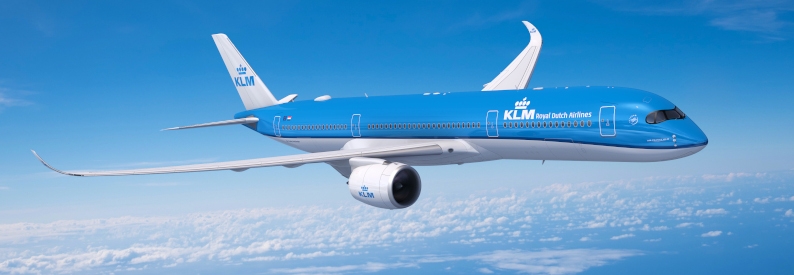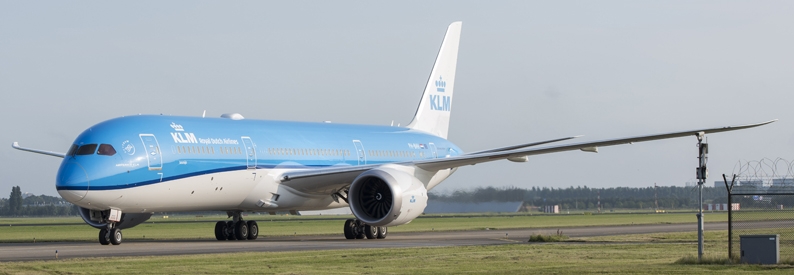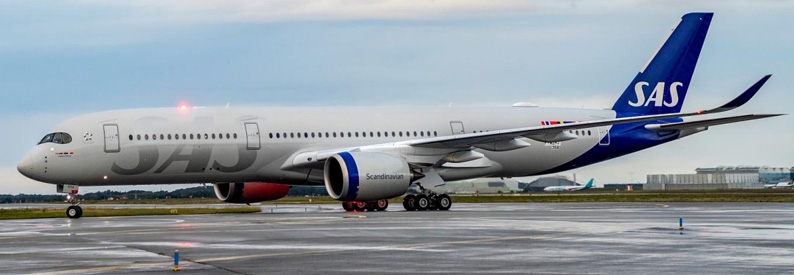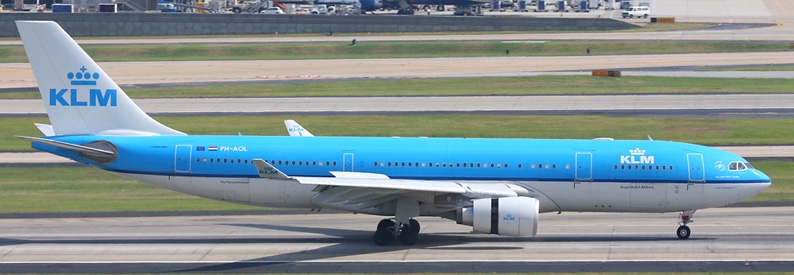The Dutch government has ditched its proposed tax on cargo traffic after a study revealed that freighters were likely to divert to surrounding countries, which would have a detrimental effect on both Amsterdam Schiphol and Maastricht airports, local media reported.
The cargo tax, part of proposals for the Netherlands’ Aviation Tax Act (Wet vliegbelasting), would have been based on the maximum takeoff weight (MTOW) of departing freighters and could have hauled in about EUR12 million euros (USD14.24 million) for government coffers while meeting international climate goals. Bellyhold cargo would have been exempt.
But a long-awaited research report published in September warned that Schiphol could lose up to 25% of its cargo flights and Maastricht, the country’s second-biggest hub for cargo flights, could lose its freight altogether.
“The state secretary [for finance, Alexandra van Huffelen] has indicated that she shares our concerns about a national tax with this amendment to the bill,” said Steven Lak, chairman of the Logistics Alliance association based in The Hague.
“Our business climate and employment would really suffer too much. We therefore believe that removing this part from the bill and applying it to a European tax for air cargo flights is much more sensible,” he added.
The European Commission is expected to present new proposals on taxes and exemptions for aviation fuel in the second quarter of 2021.
However, the Dutch government has instead opted to increase a new tax on passenger flights in its efforts to meet climate goals. From January 1, every passenger departing from an airport in the Netherlands will pay a levy of EUR7.45 (USD8.84), a rise from the previously announced EUR7.00 (USD8.31). Total revenues from this tax are expected to reach about EUR200 million (USD237 million).
A tax on airfares has been in the works since May 2019, so that the Netherlands would join countries like France, Germany, Italy, and the United Kingdom in deploying such levies. Air France-KLM CEO Benjamin Smith called on the government in March to delay the plan due to the combined impact of the coronavirus pandemic.
The Dutch cabinet has now forwarded the amended bill to the Council of State advisory body for advice, before debate in the parliament takes place in time for the act to enter into force on January 1.
- Type
- Base
- Aircraft
- Destinations
- Routes
- Daily Flights







